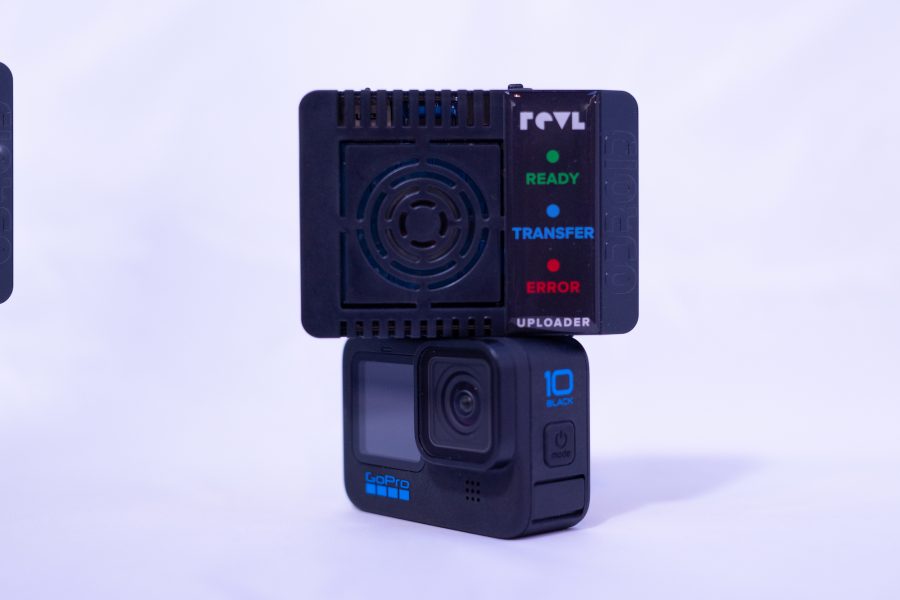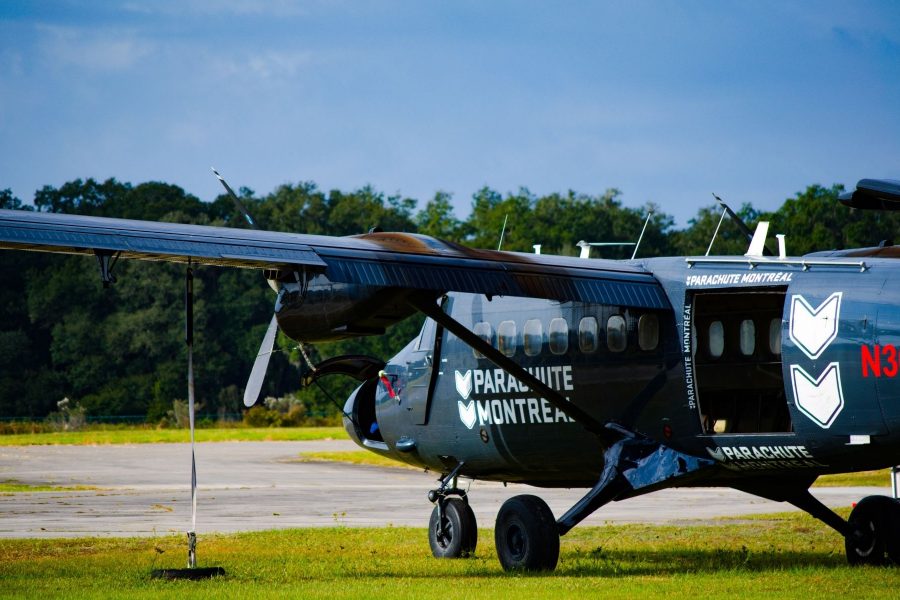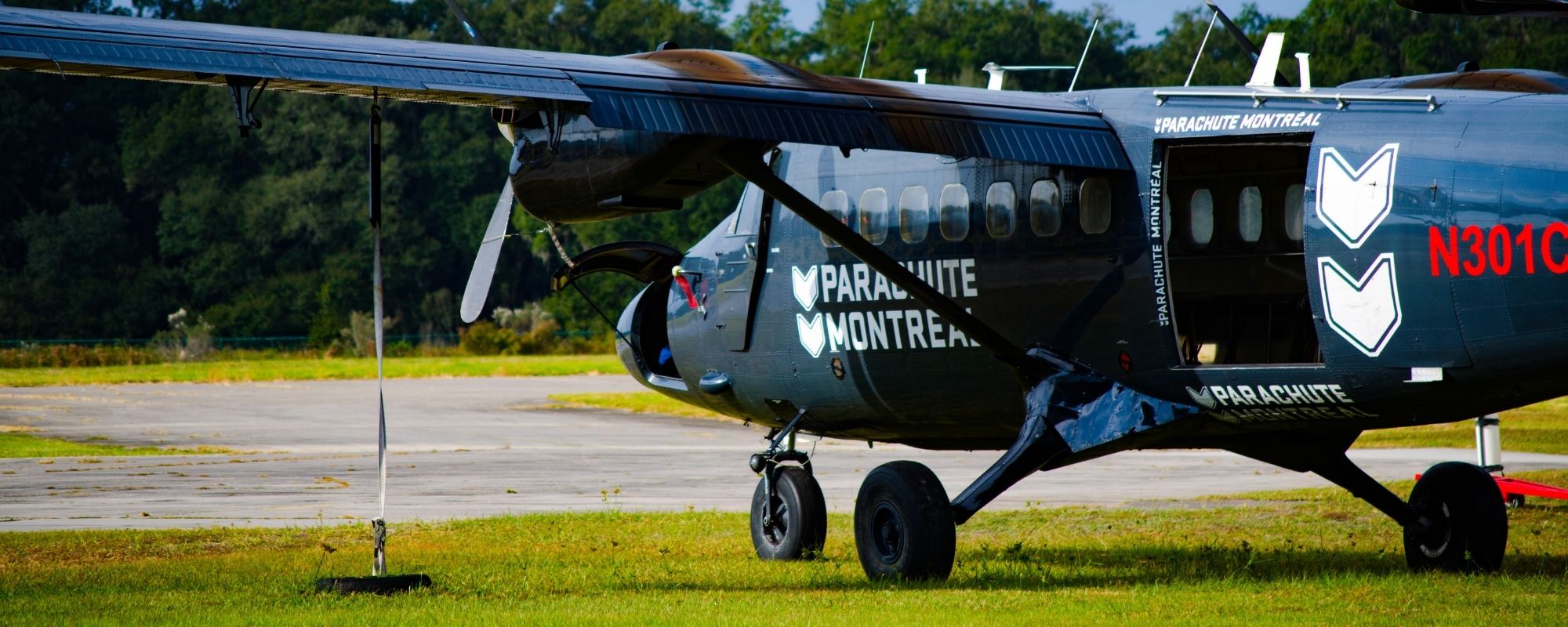
With the benefit of making tons of mistakes in nine years managing a dropzone and now nine years being a consultant (and part-time psychiatrist) for many DZO’s, I’m in the unique position to be the ultimate armchair quarterback. I often think what I would do differently if I owned a DZ today; here are the top 10 things I’d do differently from a management perspective.
1.Build Better Relationships
It’s easy to operate within a DZ bubble, but I wish I made a greater effort to build relationships with the local community. Skydiving is often misunderstood and it’s inevitable that you’ll need some help during the business journey. Developing relationships with local government officials and services is something I should have done more of and is something I’d change if I ran a DZ today.
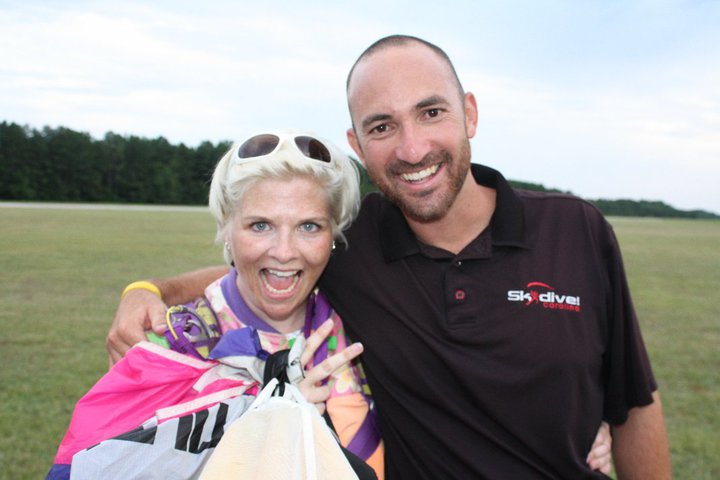
2. Create a Management Structure
Stephen Covey famously wrote, “Begin with the end rusult in mind.” During the early stages of a DZ, it’s common for the DZO to be doing everything – wrenching planes, doing tandems, answering phones, packing, and cleaning toilets. As the business scales, it’s important to be thinking about developing a proper management structure that relieves the DZO from having to be the chief cook and bottle washer. This can be done position by position, but it’s important to develop an organizational chart because at some point the DZO will need to work on the business as opposed to being completely immersed in the business.
This was my challenge and one of the reasons why fun jumping became a lower priority for me.
3. Show More Gratitude
I often expressed my gratitude to my staff members, but could I have done more? Yes.
It’s easy to take for granted just how hard our instructors, packers, manifesters, pilots and ground crew work because we see them working hard all of the time. This highly specialized group isn’t getting rich and with staffing becoming an ongoing challenge I think I’d make a conscious effort to ensure my team felt more valued and appreciated.

4. Manage Like an Athlete
The mental and physical demands of operating a dropzone are substantial. Most DZO’s don’t stop to think about this because they usually don’t have the time to stop and think! Being that a typical DZO or DZM:
- Works 60 to 80 hours per week (sometimes more)
- Gets less than 8 hours of sleep per night
- Doesn’t maintain the best diet
- Becomes stressed by the weather forecast
- Feels financial pressure
- Feels pressure from the staff for countless reasons (being skipped in rotation being the most common gripe – IYKYK)
- Seldom takes time off
It’s little wonder that there is so much burnout. What was once a passion can sour to becoming a thankless job.
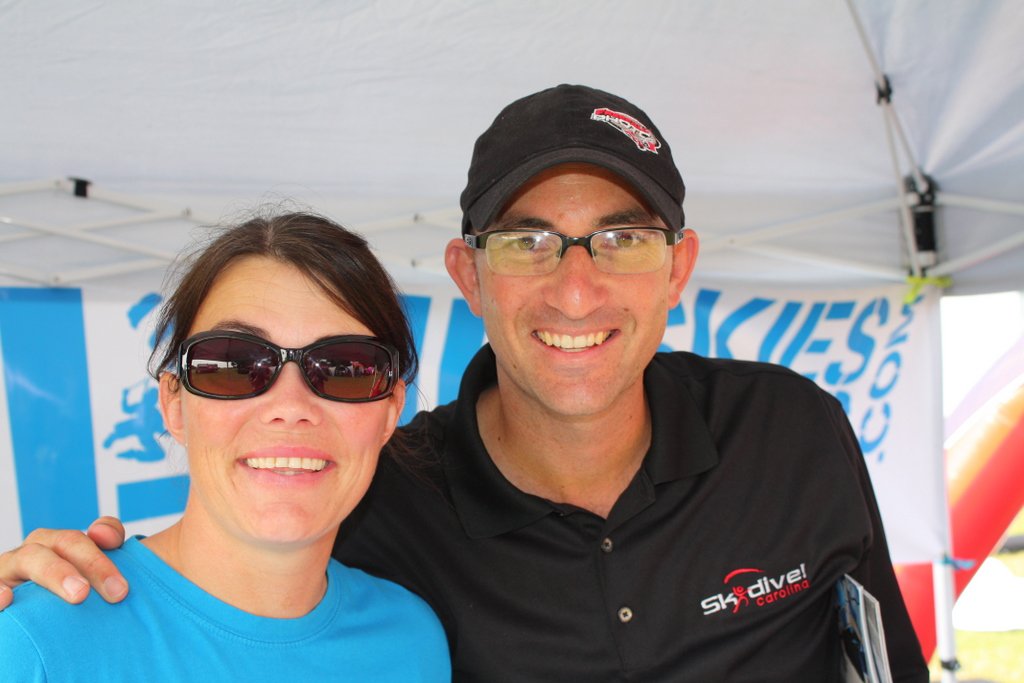
My new perspective for long-term sustainability as a business operator is to approach the entrepreneurial journey as an athlete prepares for competition. For me to be a high-performing leader of my organization, I have to embrace the mentality of being a “business athlete.”
- Athletes train hard, but then they rest.
- Athletes are conscious of what they eat and drink.
- Athletes get enough sleep.
- Athletes take breaks from their sport to keep the passion burning.
- Athletes work on their bodies and their minds.
As a card-carrying workaholic, I used to view time off as a luxury. Now I view time off as a business strategy.
The topic of mental health is real and the typical rigors of operating a busy dropzone do take a mental toll. It most certainly did mine!
Life Hack: download the ‘Habits’ app on your smartphone. I’ve identified the daily habits I wish to achieve each day and this app keeps me on track for consistency!
5. Identify and Share My Values
Before launching my marketing agency in January of 2013, I did a deep-dive study on the businesses that are known for having vibrant and happy cultures. Having been burnt out by staff challenges and “As the prop turns-type issues”, I needed to figure out what I did wrong to have caused this drama because business was booming, everyone was making more money and no one was happy.
From my study of companies like Costco, Hubspot, Cisco, and Zappos (I spent 3 days with Zappos HR to look below the hood of what they did) I discovered that all of these companies are values-focused.
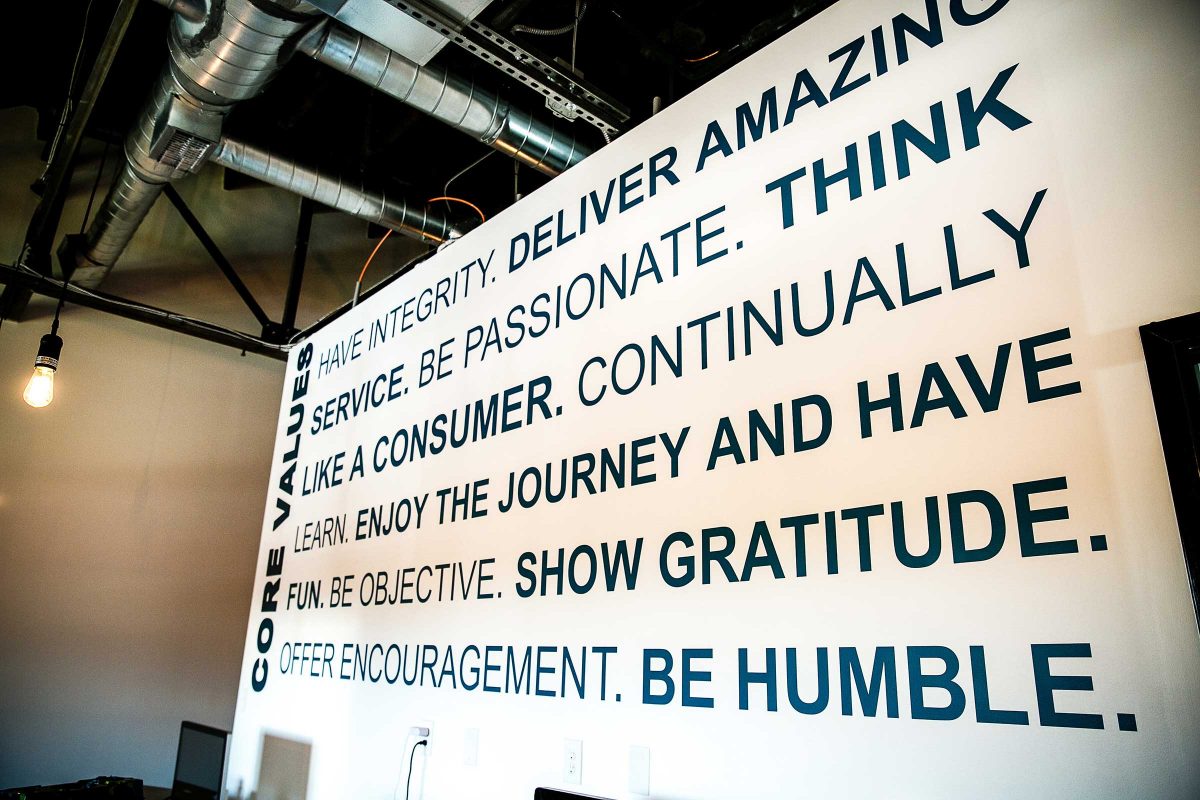
Today, our core values serve as our rules of engagement in how we do our work, how we treat each other, and how we treat our clients. The greatest benefit of our values is they have provided me with greater discernment about who we bring into our team. As every DZO knows, it only takes one negative attitude to destroy the good vibes.
If I ran a DZ today, I’d share my values; no one would have to guess what’s in my head on how to handle situations… everyone would know!
6. Maintain Better Data Metrics
There are so many data points related to running a dropzone; I wish I’d made a greater effort to record every conceivable piece of data. In a business that mandates efficiency, you’ve got to know your numbers inside and out for every rig, engine, instructor, plane etc. I maintained data points, but not to the degree I should have.
Quick Thought: Do you know the actual and average cost of a tandem skydive taking into account gear depreciation, fuel burn etc? Many DZO’s don’t actually know this number.

7. Be Diligent About Team Meetings
A basic tenet of any healthy relationship is that individuals be heard and validated. If DZ staff aren’t given the opportunity to express the challenges they are facing then resentment will set in and the organizational culture turns negative or even toxic.
Having meetings is challenging because of the nature of our business. As an example, tandem instructors are usually in continuous motion running on 20 minute turns from the start of the day to the end of the day. If an issue occurs during the day (and they almost always do) there isn’t any time to address the issue. After the last load, everyone is usually so tired (and ready for a cold beer) that it’s the least opportune time to have a meeting. If there isn’t a short 15-minute meeting the following morning to address the previous day’s challenges and the issues repeat then frustrations will build.
Meetings are for the benefit of everyone and a necessity to ensure people are heard. High performing teams don’t perform well if team members aren’t given a forum to give feedback to their managers.
Only in the last two years did I mandate 15 minute meetings every morning. I wish I’d done that more in my first 7 years of DZ management.
Thought: If you’re only having meetings after something serious happens, then you’re not having enough meetings!
8. Don’t Be Held Hostage
This piece of advice originates from the legendary Gene Paul Thacker – never be held hostage by a staff member. More than once, I held on to a toxic staff member because I needed them to maintain my tandem capacity. If you’re a DZO reading this, you know what I’m talking about. We’re all guilty of this and not doing this is easier said than done, but in retrospect, the damage and drama created by a toxic staff member wreaks too much havoc and generates too much mental stress for everyone. This is where the clarity of core values helps crystallize this commitment. If I ran a dropzone today, I’d rather suffer from being short staffed than allow someone to compromise the way I want to run my business.
9. Jump More
As my responsibilities grew my time spent in the air gradually decreased. This is the beginning where your passion turns into a job and is what happened to me.
I fell in love with skydiving as did everyone reading this, but my drive to grow the dropzone had me on the ground more than in the air. It’s also good for team morale to see the DZO or DZM boarding the same aircraft as they do.
Don’t let the business take total control of you. Schedule time to jump even if it’s the first or last load of the day.
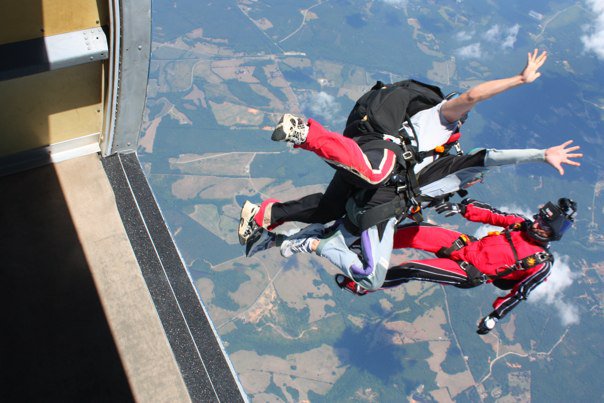
10. Create a Media Department
The best marketing connects with the heart and not the brain. To connect with the heart, you need to tell a great story. Fun jumpers, tandem students, and AFF students all have amazing stories to tell and yet the marketing our industry produces mostly demonstrates free fall.
If we want to capture people’s attention in our marketing then add meaning to the free fall by showcasing a person’s fears, vulnerabilities, challenges, and triumphs. When your potential customers see themselves in these stories, you’ll have what everyone seeks: attention, engagement, and sales conversion.
That’s all I’ve got this week! If you’ve not seen my latest interview with Regan Tetlow of Air Sports News, check it out here.
Safety Day is nearly here everyone! Start prepping now!

General
Skydiving PR: From Local to Global News

General
Managing the Media During a Crisis

General
RESCUE GONE WRONG

General
Solving the staffing crisis in skydiving


